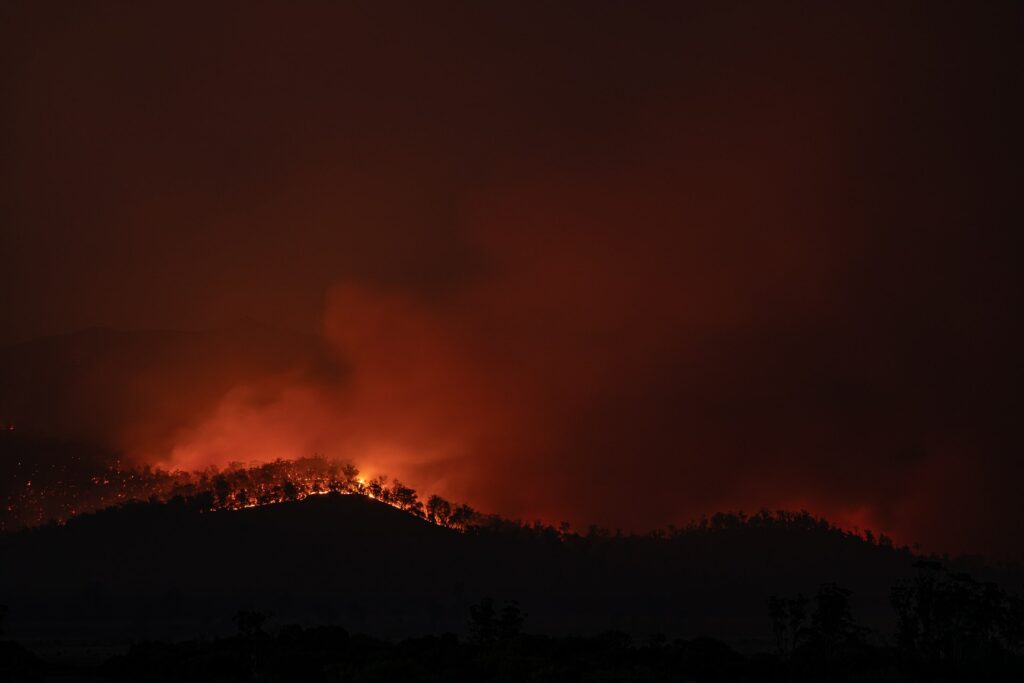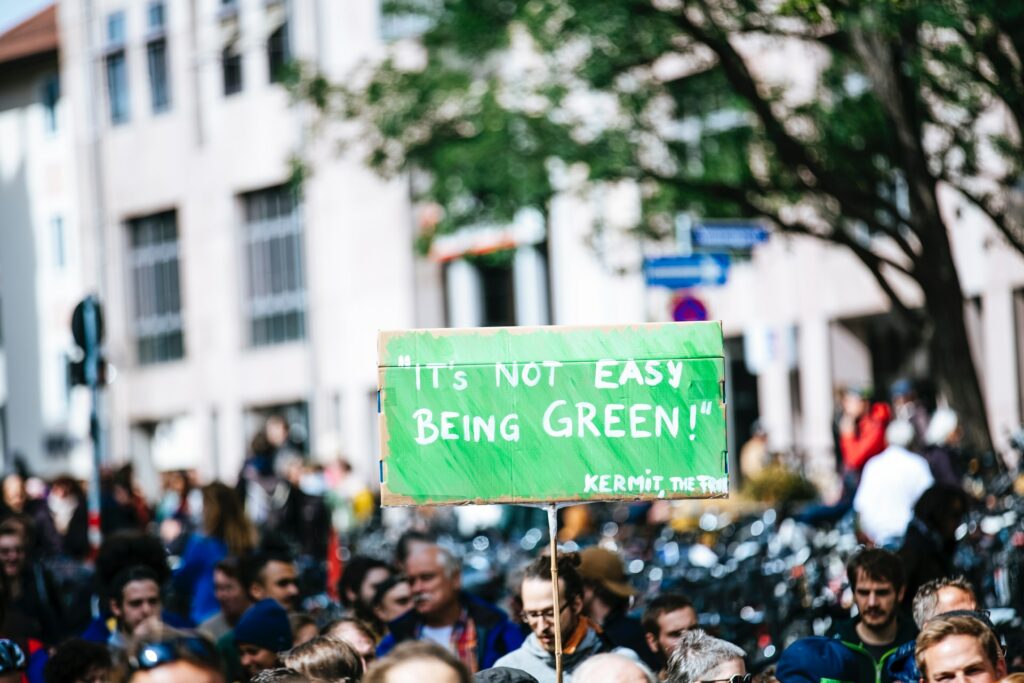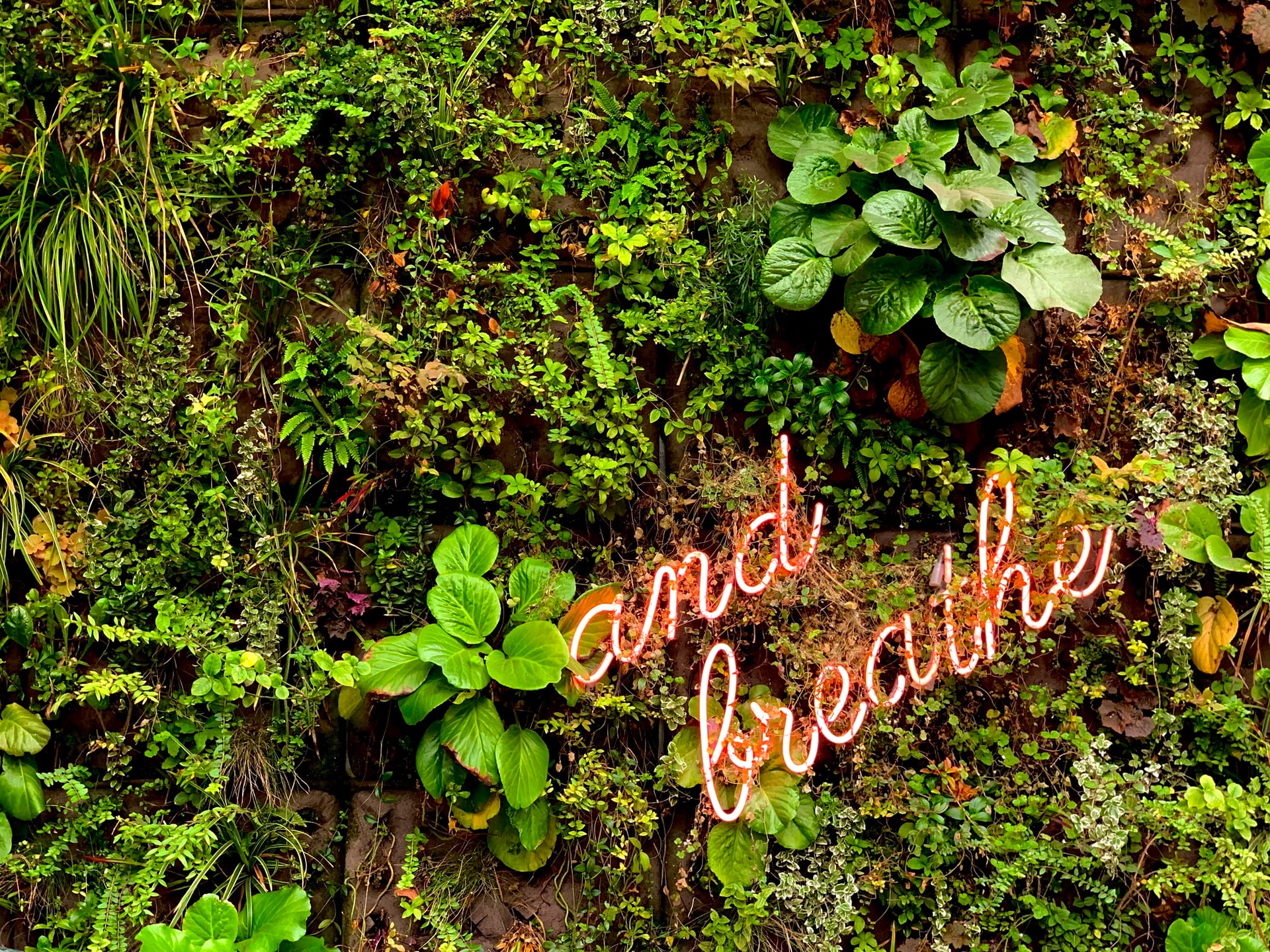Climate anxiety increasingly affects people all over the world. Here’s our guide to what it is and how to manage it.

What is climate anxiety?
Climate anxiety – also known as eco-anxiety or climate grief – may feel different for everyone.
For those on the frontlines of the climate crisis – perhaps having lost a home to fires or trying to survive in a long drought – the stress is about the very real effects of climate change. It can be traumatic.
Climate change has been shown to affect mental health more broadly, too: for example, higher temperatures have been linked to higher suicide rates.
For others, the anxiety is brought on by the stress of what’s to come, the lack of action from those in power and a sense of hopelessness.
Take care of yourself
Your wellbeing is the priority. Here are some ways to look after yourself.
(Note: If you are struggling with your mental health, please speak to your doctor, a qualified therapist or an organisation such as the Samaritans.)
Accept
Feeling anxious about the climate crisis is a legitimate, reasonable response. Knowing and accepting that is the first stage of dealing with it.
It also helps – especially if you have climate change deniers in your life – to accept you cannot control how others think or act.
Talk
Depending on your situation, you might want to speak to a therapist or just friends or others feeling the same way.
Climate Cafés are volunteer-organised meetups for people struggling with climate anxiety. The idea is to chat about thoughts and feelings related to the climate and ecological crises. There are no speakers – it’s an open forum. You can join on Zoom, so it doesn’t matter where you are in the world.

Walk
A walk can be an effective way to find some mental space and force a break from unproductive doom scrolling. If you have access to somewhere you can be in nature – a park, a mountain trail, a beach – spend some time there, walking or meditating. Exposure to nature has been shown to have a calming effect (even through photos and videos). If you’re in the urban jungle, a walk can still give you some time to process and reduces screentime.
Prepare
If you live in an area directly and immediately under threat from extreme climate events, planning for the worst may help you feel calmer.
For example, if you live in an area that’s prone to fires, make sure you have taken the precautions available to you (for example, fire-proofing your roof and removing flammable materials from the immediate area around your home) and have a plan to keep you and your household safe.

Dealing with uncertainty
Stress is often caused by not knowing how the climate crisis will develop and a feeling of powerlessness. Most people feel like they have no control over the fate of the planet – it’s in the hands of our governments and businesses.
But here’s the good news: we do have power. Whilst it’s not any individual’s role to save the world and you shouldn’t feel guilty about inaction on a personal level, there are small things we can do that push governments and businesses to do better.

Empower yourself
Here are some ways in which we can inspire change.
Vote
In democracies, we can – and must – vote for people who are serious about delivering solid environmental policies. This is the best way to force change at the top level. Don’t waste your vote.
Sign
Add your signature to petitions that might result in climate issues being discussed by the leaders of your country. Write to your local politician. Go to protests and council meetings.
We need to let the people in power know that these are the issues that will decide our votes.

Act
Doing relatively small things can help alleviate climate anxiety – it might help you feel that you can do something. Ideas include:
- Removing some single-use plastic items from your shopping list.
- Cutting down on red meat and dairy products.
- Cycling instead of driving or taking the train instead of flying.
- Helping with a beach cleanup.
- Switching to a hybrid or electric vehicle or downsizing to a smaller, more efficient car.
- Buying second-hand clothes and mending garments instead of throwing them out.
Big or small, our efforts add up. And when we vote with our wallets, businesses pay attention.

Do you struggle with climate anxiety? Have you found effective ways to manage it? Share your experiences in the comments below.
Sources
Climate Cafés
Imperial College London, The impact of climate change on mental health and emotional wellbeing: current evidence and implications for policy and practice
International Journal of Environmental Research and Public Health, Physiological Benefits of Viewing Nature: A Systematic Review of Indoor Experiments
Nature, Effects of exposure to immersive videos and photo slideshows of forest and urban environments
Ready for Wildlife, Hardening your home

